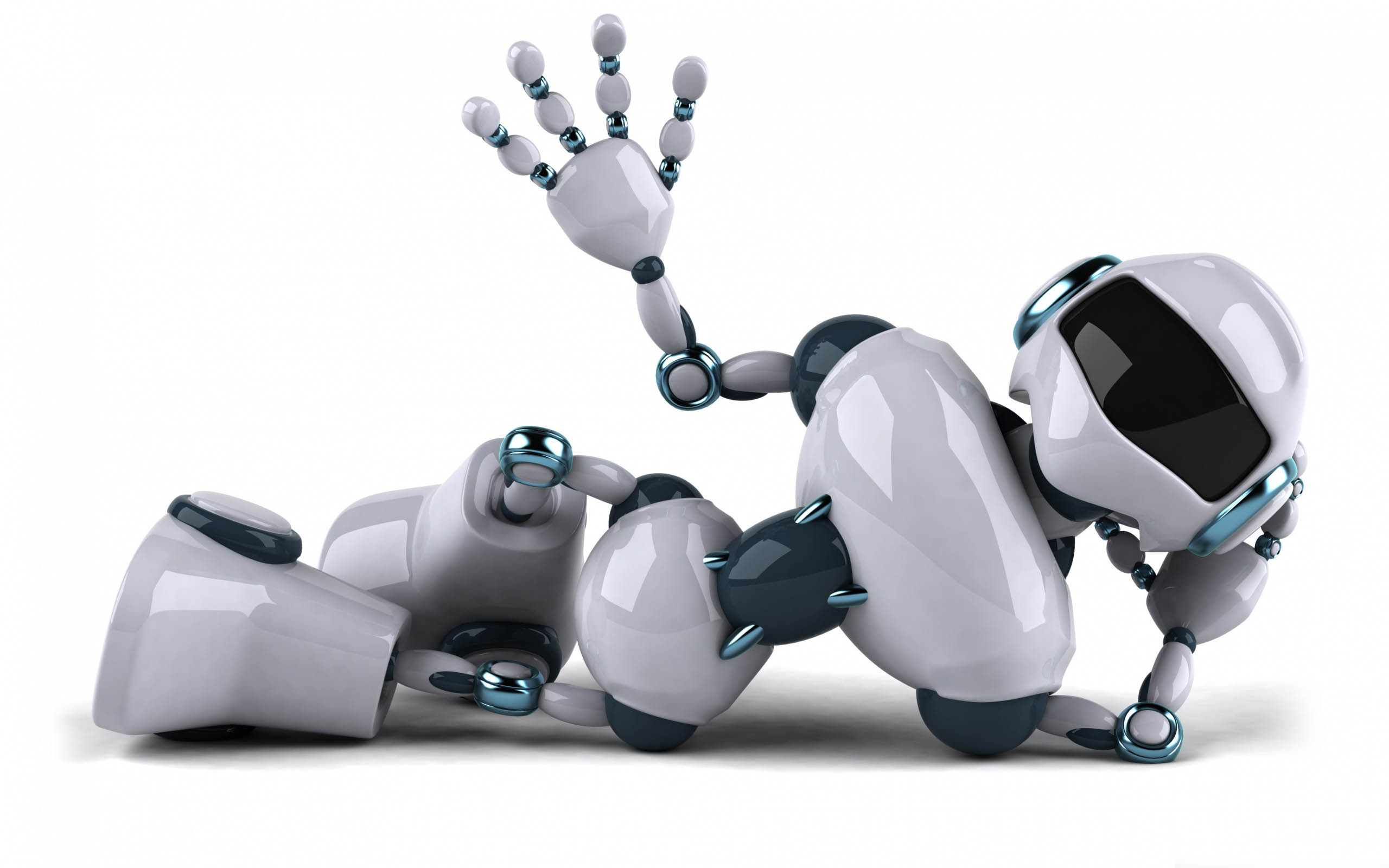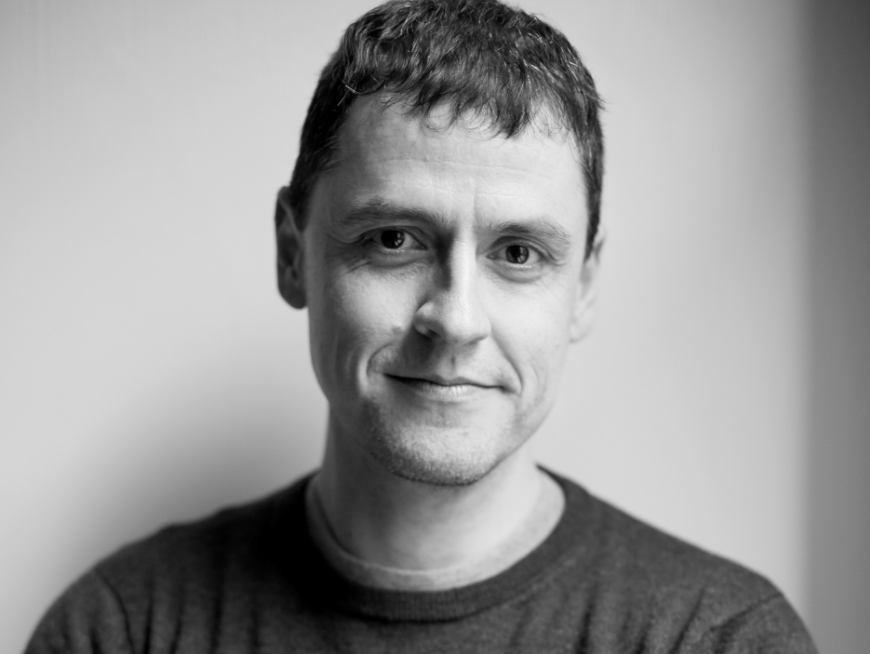Business
NOBODY’S OPINIONS | Robots and Communism – A Look at Our Future
|
A spectre is haunting America: the spectre of communism. In a world where more and more tasks are being automated, and more and more people are seeing the skills that separate them from the lower rungs of society reduced to a few lines of code on a computer, more and more people are starting to ask: what makes me more valuable to the company than the guy two floors down who makes half as much as I do? So let’s take a look at this issue: what separates a white collar worker from a blue collar worker, how that will change in the future, and what we can do about it as new social and labor classes emerge due to automation. Conventional wisdom tells us that some people are paid more than others because society values their skills more. This notion is pretty meaningless – it’s easy to talk about society and social structures, but who is really valuing their skills?

